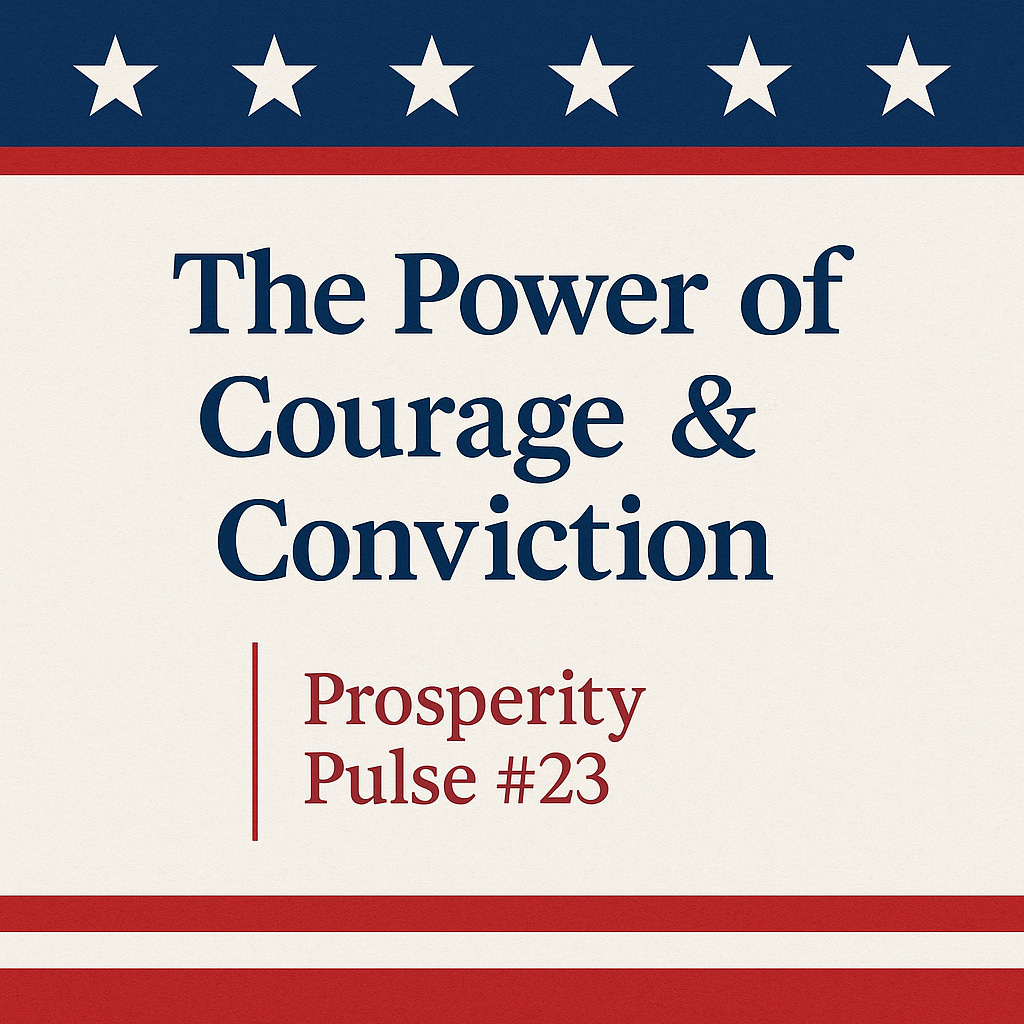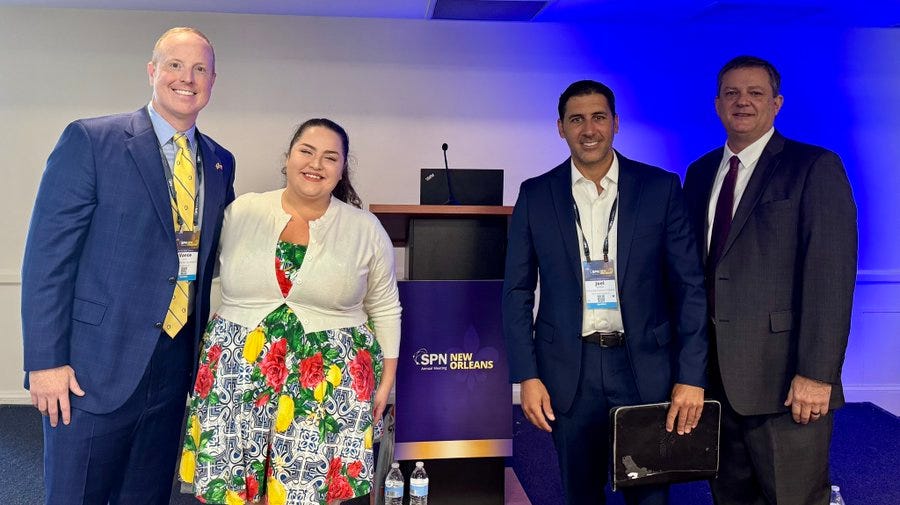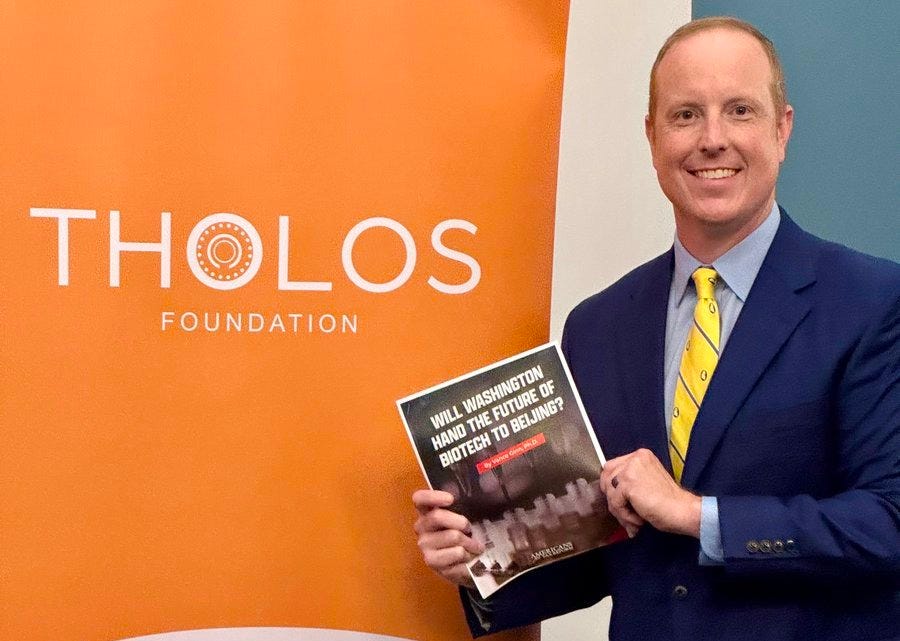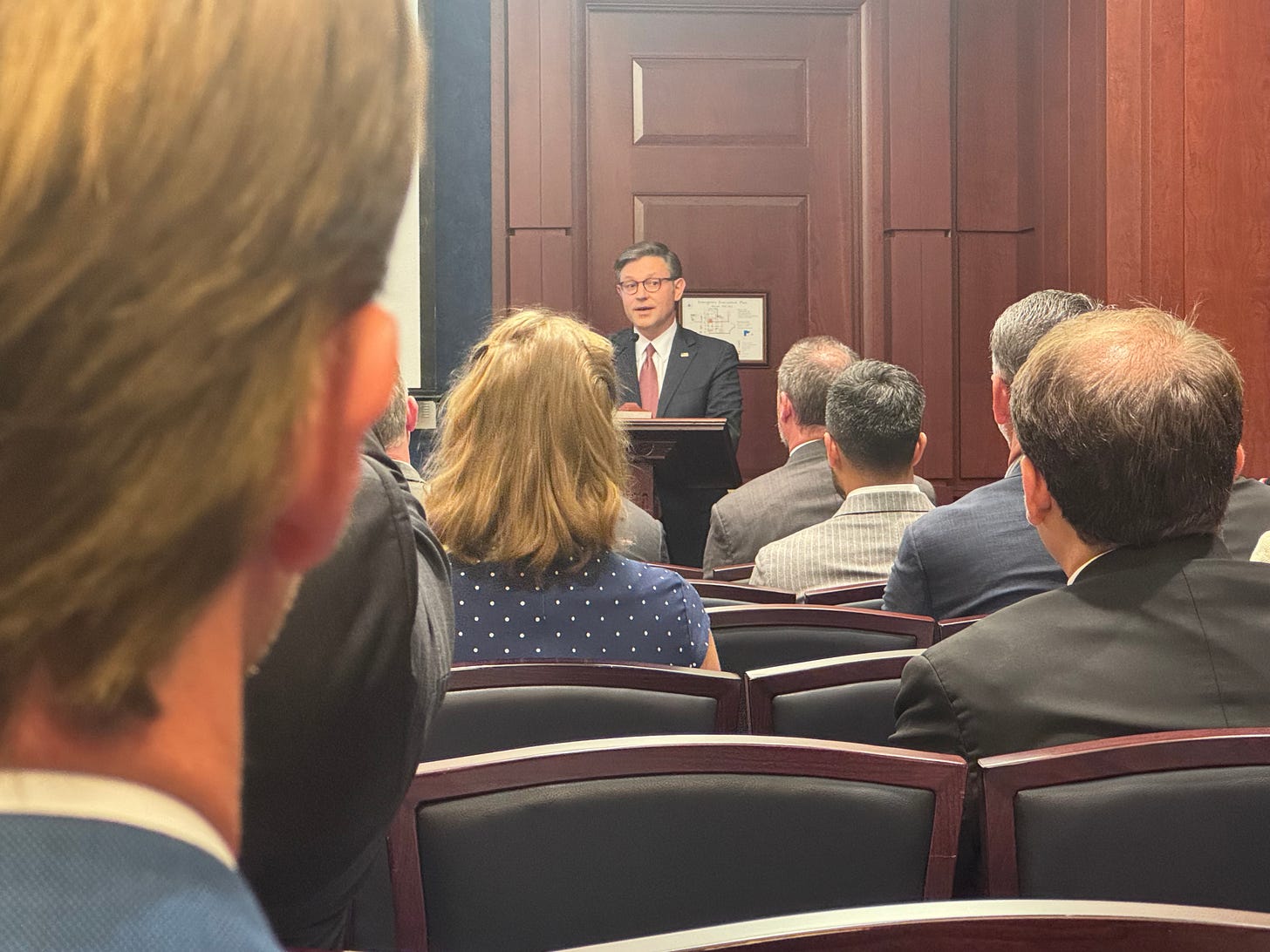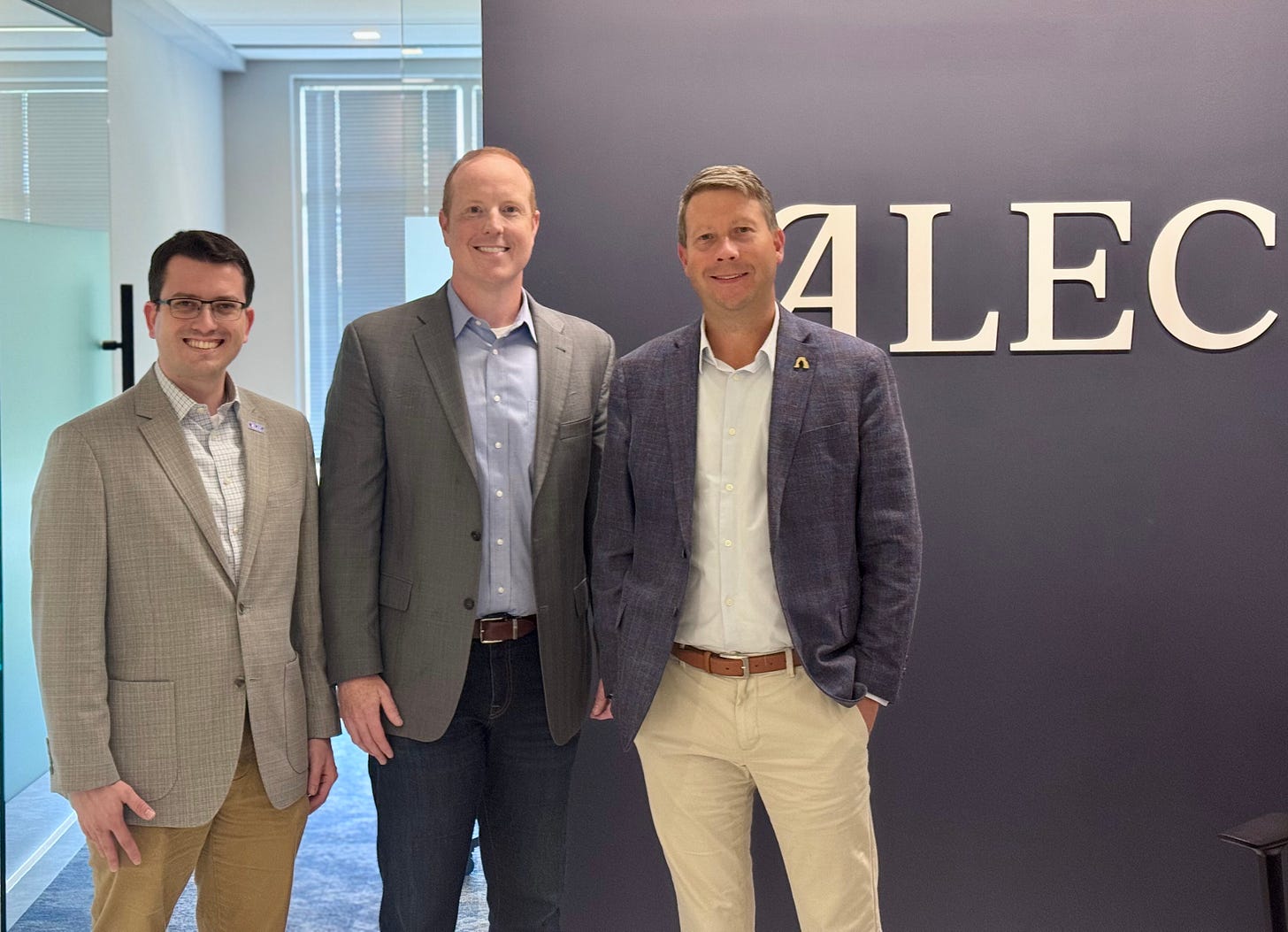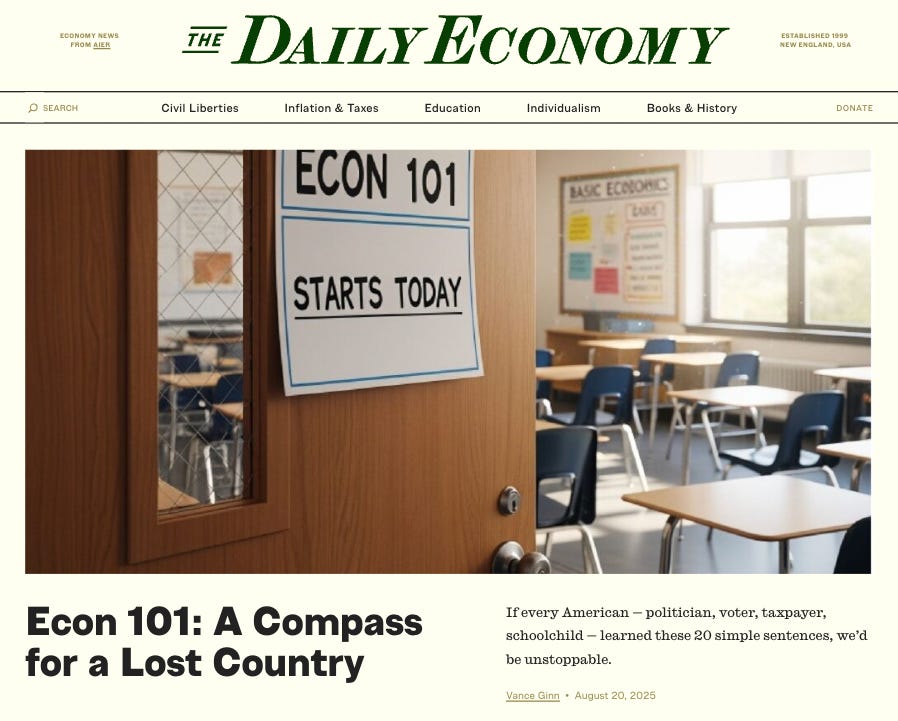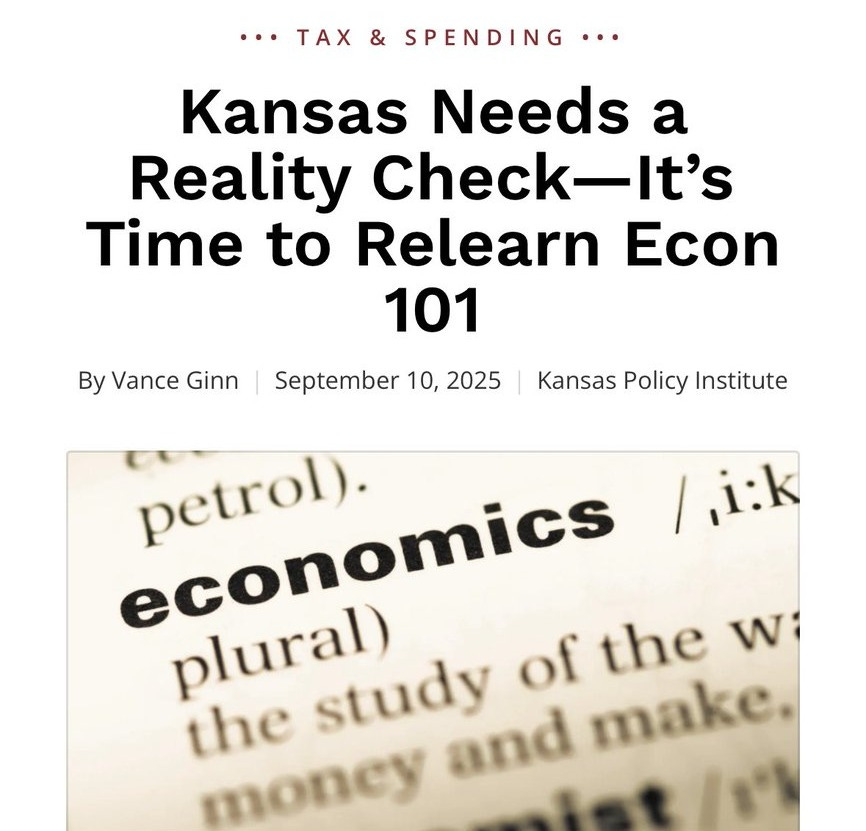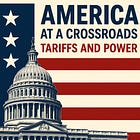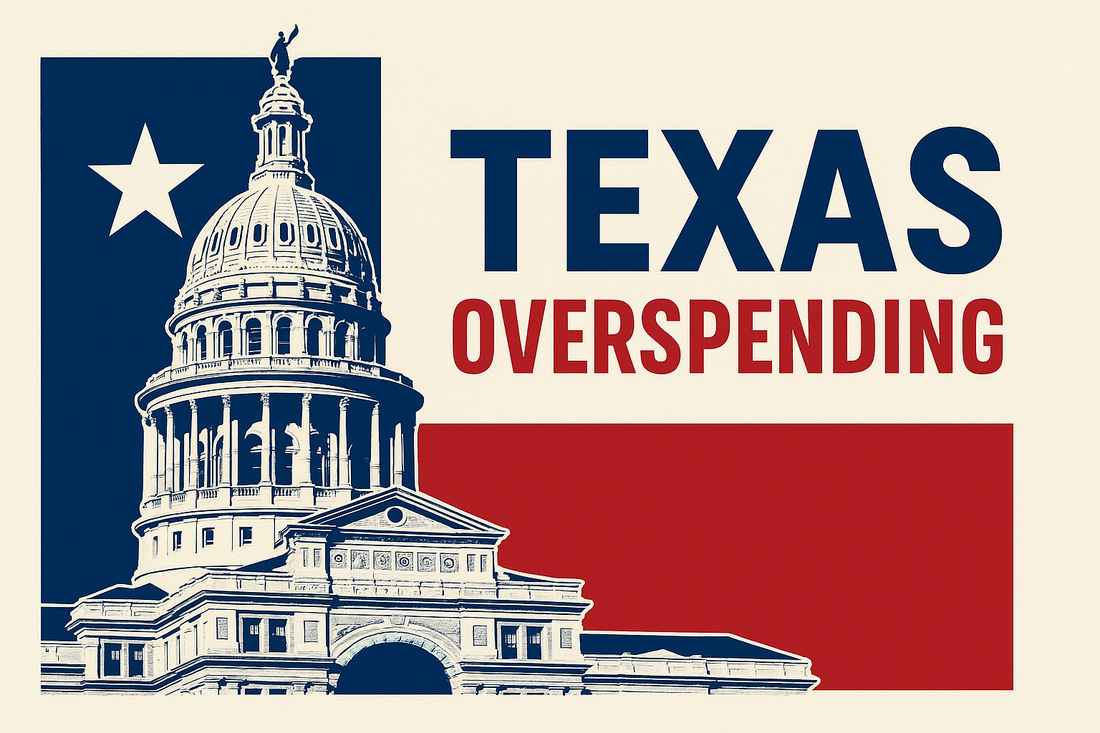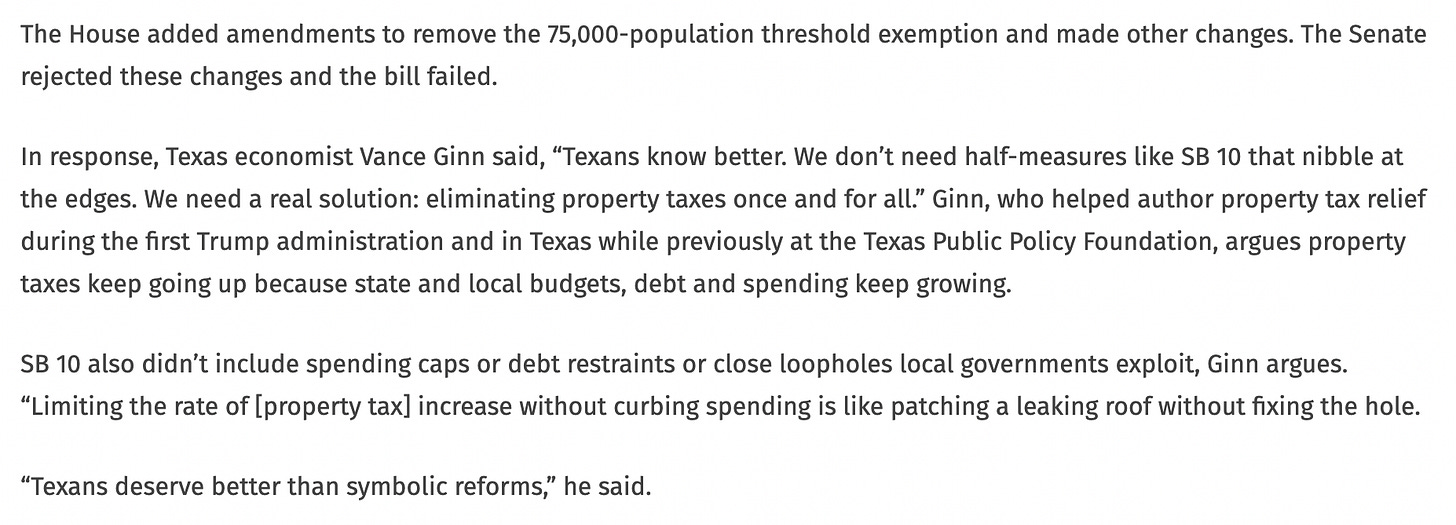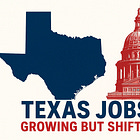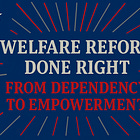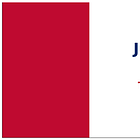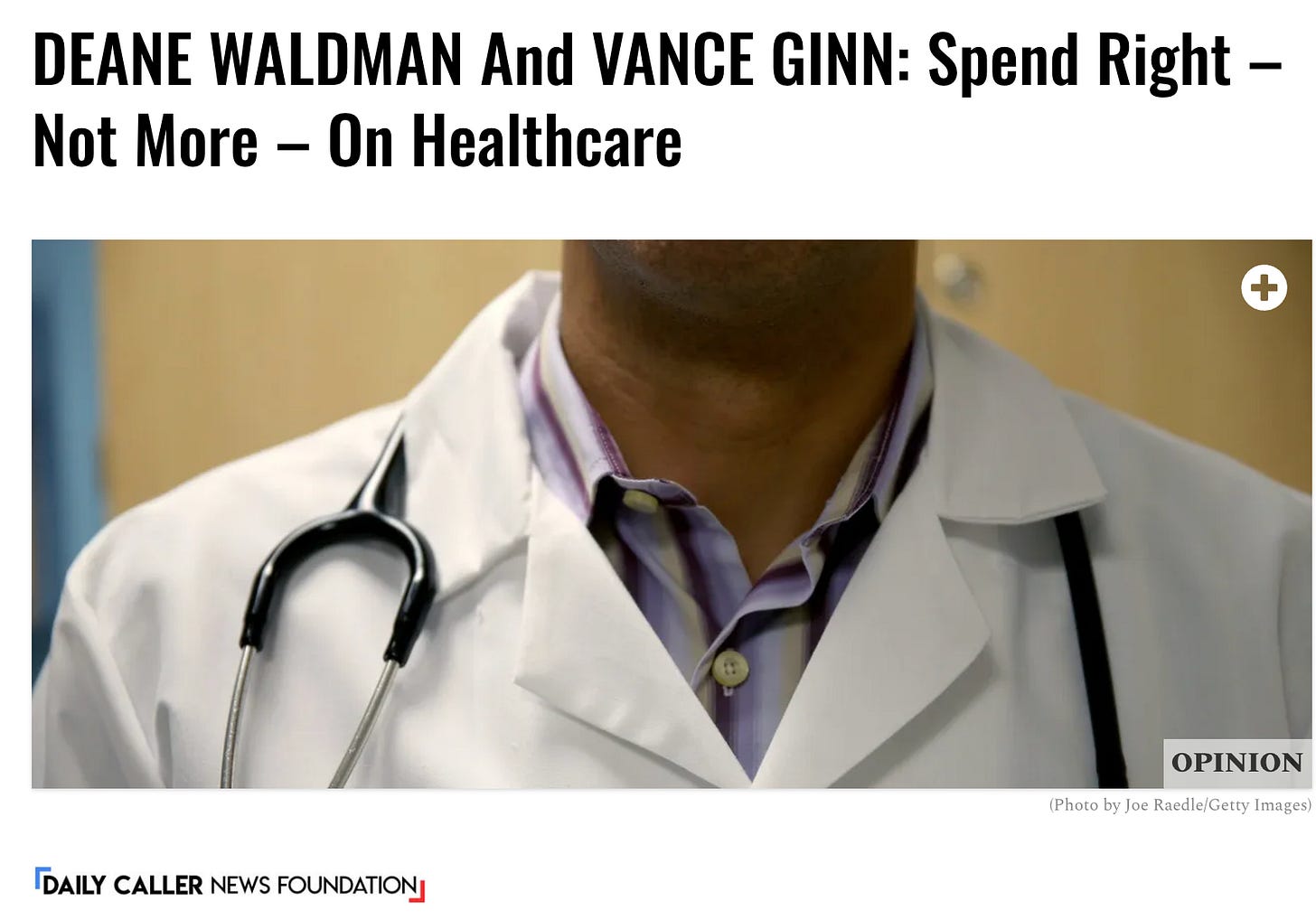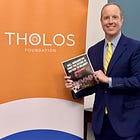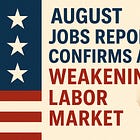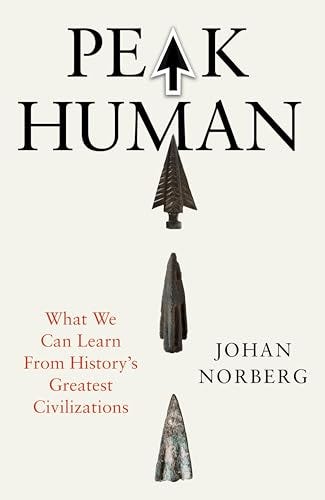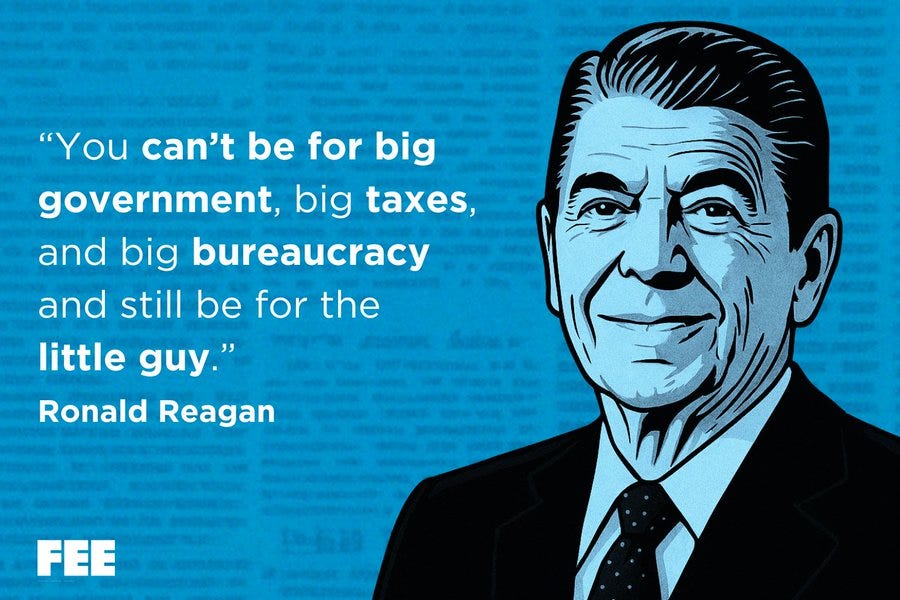The Power of Courage & Conviction | Prosperity Pulse #23
May we keep the battle of ideas civil, courageous, and grounded in truth.
Hello Friends!
Like many, I was stunned by the tragic murder of Charlie Kirk. I didn’t know him personally, though I shared the stage at events where he spoke. I may not have always agreed with his style or stance, but I respected his courage to show up, debate openly, and share his faith in Jesus Christ. That takes real conviction in today’s world.
This tragedy reminds me of the risks so many friends take when they speak up on public policy. None of us should have to live in fear for defending our beliefs.
Traveling to D.C. on 9/11, I couldn’t help but reflect on the murder of Charlie Kirk and the thousands we lost on 9/11/01. Life is fragile. Let’s pray more, hold loved ones closer, and honor Charlie — not through division, but by keeping the battle of ideas civil, courageous, and grounded in truth.
This past month, I’ve been blessed with opportunities to speak on key issues.
At the State Policy Network’s annual meeting, I spoke on panels dedicated to SNAP (food stamp) restrictions and banking regulations. It was also a great occasion to connect with friends and colleagues doing great work!
I was also glad to present my new biotech report for the Tholos Foundation at an Americans for Tax Reform event on Capitol Hill, where Grover Norquist provided remarks before introducing me to explain the report. It details how America’s biotech leadership is slipping as China closes the gap — and how we can reverse course.
I also enjoyed visiting with many friends while visiting DC for a Club for Growth Foundation event where House Speaker Mike Johnson spoke, and meeting with Jonathan Williams and Jake Morabito at American Legislative Exchange Council.
I’m looking forward to another month of advancing policies that let people prosper! I’d love for you to consider joining our growing community of subscribers—your support helps advance the cause of economic freedom and lasting prosperity!
Highlights from This Month
1. Economic Basics
Our nation has lost its economic compass. We need a return to the fundamentals of economic freedom—and that begins with understanding the basic principles of economics. I’ve written on this topic at Pelican Institute and The Daily Economy, with my AIER article featured in Cafe Hayek and RealClear Markets.
Kansas today is a case study in what happens when the principles of Econ 101 are ignored. In my latest for the Kansas Policy Institute, I argue the state doesn’t need more commissions, gimmicks, or megadeals. What it needs is a reminder that economics isn’t about controlling people — it’s about trusting them.
When we talk about economic basics, we will need a solid understanding of spending and taxes. On the Joe Pags Show, I discussed the urgency of reining in federal spending and highlighted what real fiscal responsibility should look like if we are serious about addressing the nation’s ballooning deficit.
Another reform rooted in sound economics is the elimination of property taxes. Removing this burden would encourage ownership, support wealth-building, and provide greater security for families struggling with rising housing costs.
I was also quoted by my Americans for Tax Reform colleague, Patrick Gleason, in his recent Forbes article covering how states are following Texas’s lead on tax reform.
2. Overstepping Executive Powers
The Trump administration’s negotiations with Intel could make Washington one of the company’s largest shareholders. This isn’t just a one-off — it signals a broader shift. As I wrote in The Daily Economy, once government takes equity stakes in private firms, it stops acting as referee and starts competing as a player.
Industrial policy with Republican branding is still industrial policy. It’s not conservative economics; it’s political project finance. I’ve highlighted the administration’s positive moves on AI policy, but the Intel deal is corporate socialism by another name.
Another troubling example is the sweeping “Liberation Day” tariffs. When courts have to remind a president that he cannot unilaterally tax Americans, it shows just how far we’ve drifted from our constitutional design. I discussed this court decision — and what could happen at the Supreme Court — on The Nick Craig Show.
I also joined an NTD News panel to warn about the scale of these tariffs, which are ultimately taxes on Americans.
Meanwhile, real GDP was revised up to 3.3% (annualized) in Q2 2025. On the surface, that’s a strong headline. But the details tell another story: much of the “growth” came from a steep drop in imports, which mechanically lifts GDP. That’s accounting, not prosperity.
3. Texas’ Special Session
Two weeks after fleeing the state, Texas House Democrats returned and quorum was restored. Their stunt was little more than political theater — and Republicans still let the first special session collapse without delivering for taxpayers. Unless Texans demand better, the second session risks being wasted too.
I recently submitted testimony to the Texas House Committee on Intergovernmental Affairs in support of HB 73 — a critical first step to rein in local spending and property tax growth. I also offered improvements to strengthen consistency, accountability, and taxpayer protections. Unfortunately, the bill died.
In a win for Texas taxpayers, the House rejected SB 10, which excluded smaller local governments from the new 2.5 percent voter-approval property tax rate and failed to cut property taxes. Texans deserve more than half-measures. The real solution is eliminating property taxes once and for all. I shared more on this with ABC 10.
Texas hit 14.3 million nonfarm jobs in July 2025, outpacing the nation with 232,500 added over the year. But beneath the growth lies a concern: too many of those gains are government jobs, not the private-sector positions that drive lasting prosperity.
4. Alleviating Poverty
The latest poverty data shows millions remain trapped even as welfare spending keeps climbing. True compassion isn’t about how much government spends — it’s about whether people actually escape poverty. After decades of stagnant results, it’s time for a new course.
SNAP restrictions reveal government’s heavy hand punishes rather than empowers. Should Washington really decide what families eat? I explore this in my latest piece, drawn from a panel discussion at the State Policy Network Annual Meeting in New Orleans.
5. Health Policy
A new report shows nearly 80% of Veterans Administration facilities lack the staff to meet veterans’ care needs. As Dr. Deane Waldman and I write in The Daily Caller, the VA reflects a deeper truth: America’s healthcare problem isn’t underfunding — it’s mismanaged spending.
America’s biotech edge is slipping as China races ahead in clinical trials, STEM graduates, and drug innovation. My new report for Americans for Tax Reform’s Tholos Foundation explores how we can keep cures made in America.
6. Energy
The new federal approach rightly prioritizes more American energy production and infrastructure — a welcome shift after four years of Washington micromanaging markets, piling on costly regulations, and forcing unreliable sources onto the grid. But as I argue in The Daily Economy, states must also resist the urge to control energy markets — a mistake Texas is already beginning to make.
7. Modern Monopolies
President Trump’s executive order to rein in the live entertainment market was a win for everyday Americans. But now Ticketmaster is pushing a resale price cap that limits tickets to just 20% above face value — a move I argue in National Review is designed to crush competitors under the guise of reform, and it will only make a broken system worse.
Similarly, Washington’s SCORE Act pretends to protect student-athletes by setting national standards for Name, Image, and Likeness (NIL) deals. In reality, it hands the NCAA fresh antitrust protections and entrenches the same cartel that suppressed players for decades.
8. Economic Indicators
The latest jobs report should end any talk of a “booming” labor market. What we’re seeing isn’t strength — it’s stagnation. And without a change in course, stagnation could quickly slip into stagflation.
What I’m Learning
Acton Institute: Capitalism didn’t create poverty — it cured it. Strong review of The Triumph of Economic Freedom.
AZ Free News: Clear breakdown of Arizona’s school choice policies.
Wall Street Journal: We need more basic economics! Sharp piece by Brian Albrecht.
Fraser Institute: President Trump’s tariffs dropped the U.S. from 56th to 76th in global freedom to trade, nearly knocking us out of the top 10 in overall economic freedom.
Advancing American Freedom: Tariffs are fueling a D.C. lobbying boom.
Texans for Fiscal Responsibility: Texas missed its chance to lead by banning taxpayer-funded lobbying in the second special session.
Capital Record: In 15 minutes, David L. Bahnsen shows why state-capitalism — cough Intel deal cough — is a disaster.
Econception: Richard Stern unpacks the ties between wealth and innovation, problems with tariffs, and why government shouldn’t own corporate stakes.
Human Progress: AI can recognize patterns and improve processes, but it can’t replace free markets.
National Review: Michael Strain explores the big question: how will we actually use AI?
Governing: One state shouldn’t dictate AI policy. Without congressional action, California’s law could set the national standard.
Free the Economy: Richard Morrison and Kevin Williamson discuss why some “simple” policy ideas are actually deeply flawed.
Americans for Tax Reform: A handy map of zero- and flat-income-tax states.
Books I’m Reading:
I just finished Johan Norberg’s Peak Human and highly recommend it. In the book, Norberg examines seven great civilizations to uncover what fueled their golden ages — and what we can do to ensure our own doesn’t come to an end.
Let People Prosper Show Podcast
The Let People Prosper Show features deep discussions on hot topics:
Episode 161 (Thursday):
On this week’s Let People Prosper Show, I sit down with Kurt Couchman, Senior Fellow in Fiscal Policy at Americans for Prosperity—and a trusted fiscal ally since our days in Washington, back when he was at the Committee for a Responsible Federal Budget. Kurt’s cutting-edge thinking on balanced-budget amendments, statutory fiscal targets, and bipartisan reform has made him one of the most respected voices in the fight against runaway spending.
Episode 162 (Next Thursday):
Next week, I’m discussing AI policy with Jake Morabito, Senior Director at the American Legislative Exchange Council (ALEC), where he leads both the Communications and Technology Task Force and the Energy, Environment, and Agriculture Task Force. Jake is working directly with state lawmakers to make sure freedom—not federal micromanagement—drives the future of innovation.Did you miss This Week’s Economy episode 128?
Quote of the Week
Bible Verse of the Week
Thank you for supporting my mission to promote economic freedom and prosperity. I hope this edition of Prosperity Pulse keeps you informed, inspired, and ready for the week ahead. Please subscribe and share this newsletter with your family and friends.

